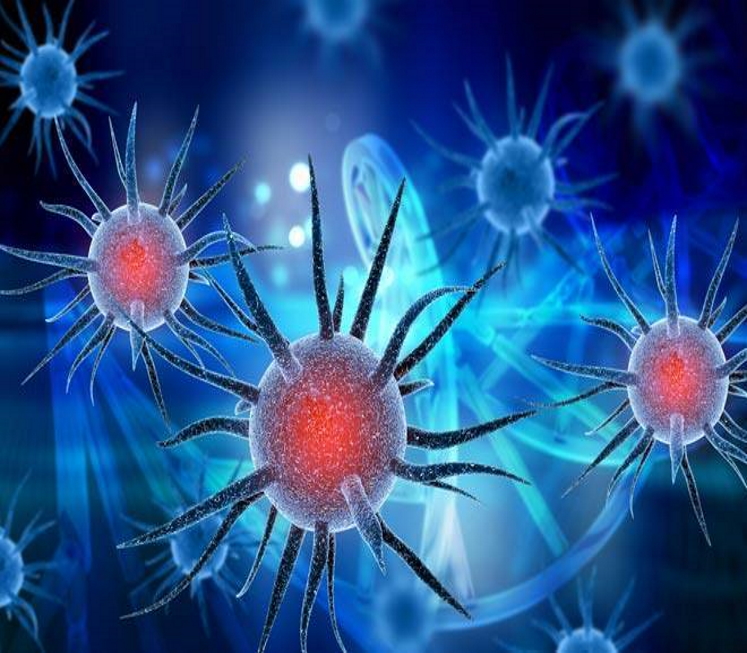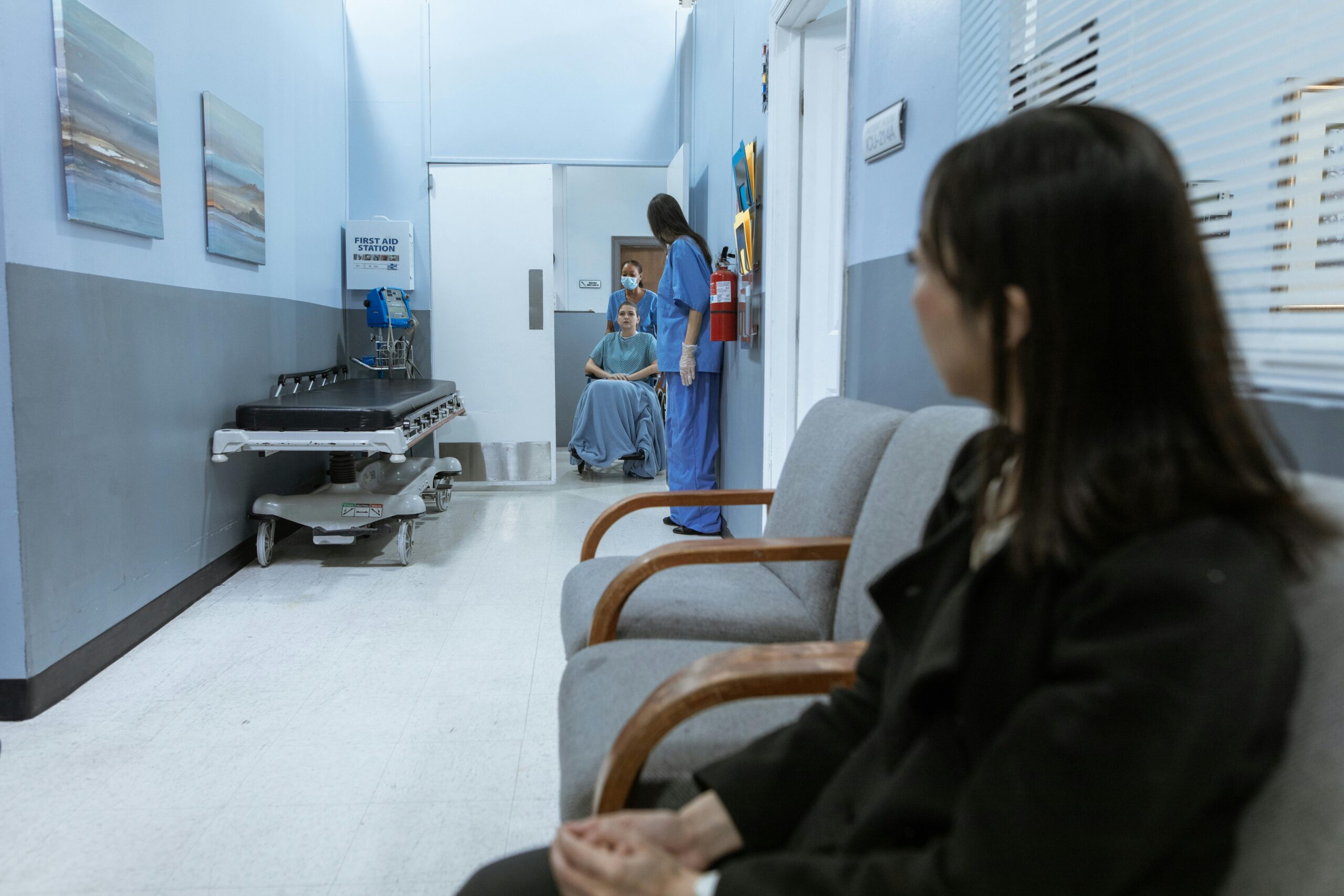Researchers are rapidly searching for a viable vaccine to combat the spread of the Covid-19 pandemic

With the accelerating global burden from the Covid-19 pandemic, researchers are rapidly searching for a viable vaccine to combat the global public health emergency. In January, Chinese authorities shared the novel coronavirus (2019-nCoV) genetic code, allowing Moderna, a clinical-stage biotechnology company, to develop an mRNA vaccine candidate for Covid-19 in collaboration with the National Institute of Allergy and Infectious Diseases (NIAID) Vaccine Research Center (VRC).
The vaccine, identified as mRNA-1273, encodes for the spike protein (S-protein) on the 2019-nCoV surface. The virus surface is covered with S-proteins, enabling it to attach to host cell receptors, thus leading to the viral entry into the host cell. This results in the fusion of the viral and host cell membrane, causing the host cell to become infected.
The researchers postulate that once injected, the mRNA-1273 vaccine introduces the messenger ribonucleic acid (mRNA) sequence into the body, leading to the production of the 2019-nCoV S-protein, which primes the hosts to produce an immune response against the S-protein. This is expected to offer lasting protection by affecting the binding of the S-proteins of the 2019-nCoV virus and thus preventing infection.
Moderna has recently announced that it has supplied vials of the vaccines to the National Institute of Health (NIH), which has started dosing participants in a Phase I trial (GDCT0380493, NCT04283461) titled ‘Safety and Immunogenicity Study of 2019-nCov Vaccine (mRNA-1273) to Prevent SARS-CoV-2 Infection’. This trial is the first-in-human study for a Covid-19 vaccine. The principal objective of this trial is to assess the vaccine’s safety, with a majority of the primary outcomes based on the frequency of adverse events. The vaccine has the potential to be administered to billions of individuals worldwide. As such, it is essential to establish the vaccine’s complete safety profile to avoid a catastrophic scale of harmful side effects.
The trial has very stringent criteria for participation, allowing healthy male and non-pregnant female subjects ages 18-55 years to participate, amongst other requirements. This may be due to the lack of preclinical testing caused by the time-dependent nature of the trial, thus leaving the safety profile of the vaccine largely unknown in animal models. The primary objective of the trial is to establish the safety of the vaccine in humans. The immunogenicity of the vaccine will be determined as the secondary outcome.
This study aims to enrol 45 subjects who will be split into three dosing groups: 25mcg, 100mcg, and 250mcg. The study will comprise 11 in-person visits: one screening visit, two vaccination visits, and eight follow-up visits. At present, the trial has two site locations, with one located in Georgia, US and the other in Washington, US. The Washington site is currently recruiting and has been recognized as the location in which the first Covid-19 vaccine trial had initiated. The site in Georgia is yet to start recruitment. Due to the global public health emergency caused by Covid-19, the interim results of this trial will yield important results to address the urgent need for effective therapies and a move toward Phase II trials.
This article first appeared here and published by Global Healthcare Data
You might also like
For relevant updates on Emergency Services news and events, subscribe to EmergencyServices.ie









